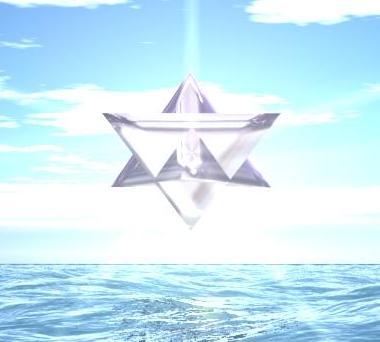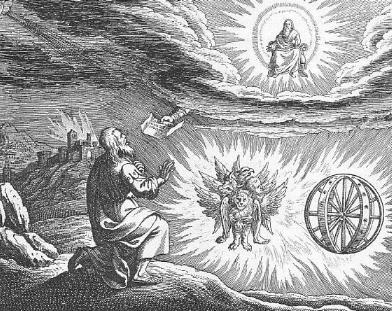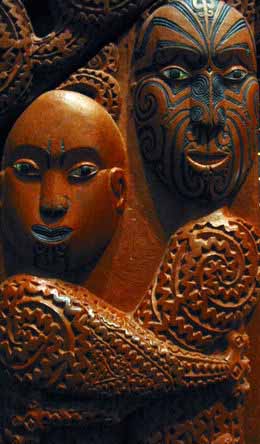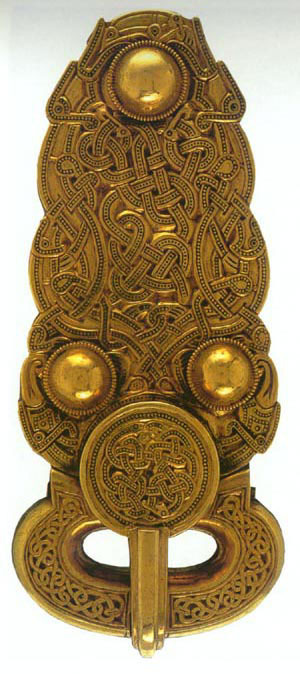Starwalkers: Dimensional Travelers 

Image: Human Aura
"Markaba is our Light Body"
from mystery-school
December 20th, 2006
Investigative mythologist William Henry
returned for a discussion on 'Starwalkers,'
which he defined as light beings
that are able to traverse the universe
or connect with other dimensions,
via wormholes or stargates.

Image from: http://www.hermes3.net/thoth12.htm
"In the Space appears a KHU image of OSIRIS,
lying inside his coffin, shown in cross-section.
The changing images and geometric shapes
that surround OSIRIS show that he has generated
a star tetrahedron around his body,
then has caused the two tetrahedra
to rotate in opposite directions,
forming a Merkaba field.
ANUBIS enters"

Image from eaglespiritministry
Such travelers are described in ancient creation mythologies
as well as depicted in ancient Egyptian & Sumerian art, he said.
Further, Tibetan lamas were said to dissolve their bodies
into pure energy and travel through the stars.

Image from: www.zygotz.com
The Egyptians, according to the research of Laurence Gardner,
may have consumed a manna-like substance
that allowed them to "phase shift" to another realm,
which Henry referred to as the "dimension of the blessed."
The Sumerian word 'Nibiru' meaning "crossing"
could actually have referred to a stargate,
rather than another planet, he noted.

Image: Ezekiel-Vision-Merkaba
Current scientific explorations such as
the forthcoming work at CERN
using a 17-mile long particle accelerator
could provide indications of other dimensions.

Image: Jodie Foster in the movie "Contact"
Such findings, along with other discoveries about the universe,
are moving science towards metaphysics,
said Henry, who added that there is a cultural shift occurring,
away from suffering and towards ascension.

Image copied from: www.zeitlin.net
http://www.coasttocoastam.com/
http://site.williamhenry.net/
Starwalkers: Dimensional Travelers Part 1
Part 2
Part 3
Part 4
Part 5
Part 6
Pleasure and Pain 
France vs New Zealand
11 nov 2006
Stade de Gerland - Lyon - France
A haka is a tribal dance in Maori culture ( New Zealand natives )
Their name is derived from Ma-Uri, which means Children of Heaven.
Hakas traditionally have various uses in everyday Maori life.
They are used to tell a story, to express emotions and opinions,
but are best known in their most aggressive form :
The Ka Mate War Dance.
Warriors used the Ka Mate to prepare for a battle.
To focus their strength. To proclaim their powers,
To celebrate the triumph of life over death,
but mostly to challenge and intimidate the opponent.

Haka performers accompany the rough body moves
by rhythmically chanting vocals, crying out loud and grunting.
The typical movements of body percussion
( like hands slapping against the chest,
feet stamping on the ground , slapping the biceps, ... )
are often combined with finer facial expressions
( grimaces like showing teeth and the white of the eyes,
poking out tongues, sniffing through the nostrils, glaring, ...).

Sports teams around the world
have been known to perform war hakas
immediately prior to international matches,
as an alternative to just standing still
while the national anthem sounds.
The haka reflects the importance of the game,
it motivates the teams and their supporters to greater efforts,
and, of course, like in the old days on the Mâori battlefields,
the hakas challenge the opponent in an intimidating way.
And crowds go wild ... Sports is war. And entertainment.

The International Rugby Union Team of New Zealand,
the All Blacks, have been doing hakas since 1906.
Sometimes hakas written especially for the occasion,
occasionally since 2005 a new haka named
"Kapa o Pango", but most commonly the "Ka Mate".
The "Ka Mate" generally opens with a set
of five preparatory instructions shouted by the leader,
before the whole team joins in.
These are the words,
for those of you who like to sing along :
Leader: Ringa pakia! Uma tiraha!
Turi whatia! Hope whai ake! Waewae takahia kia kino!
Leader: Ka mate, ka mate
Team: Ka ora, ka ora
Leader: Ka mate, ka mate
Team: Ka ora, ka ora
All together :
Tçnei te tangata pûhuruhuru
Nâna nei i tiki mai whakawhiti te râ
 upane, ka upane
 upane, ka upane
Whiti te râ, hî!
Translation :
Leader:
Slap the hands against the thighs!
Puff out the chest!
Bend the knees!
Let the hip follow!
Stamp the feet as hard as you can!Leader: 'Tis death, tis death (or: I may die)
Team: 'Tis life, tis life (or: I may live)
Leader: 'Tis death, tis death
Team: 'Tis life, tis life
All together :
This the hairy man that stands here...
...who brought the sun and caused it to shine
A step upward, another step upward
A step upward, another step upward
The sun shines!
It is death, it is death: it is life, it is life;
this is the man who enabled me to live
as I climb up step by step toward sunlight.
Belt buckle from Sutton Hoo in England
as very similar to what's seen in Maori carving.
A Scandinavian burial ship was also excavated
on the same English site.
On the above artefact a "high hat"
is depicted above the "Tiki-type" face.
The high hat or extended forehead
representations of the "Tiki" figurines
is very prevalent in Oceania or Egypt,
but somewhat less common in New Zealand.
The strong cultural beliefs,
which led to the creation of carved greenstone
Hei-Tiki ornaments or pendants,
found within Maori culture and, more generally,
worn by women, are traceable to Europe and the Mediterranean,
with their varied, developing, pantheon of Gods.
The Hei-Tiki is also found in Lima Peru,
Mexico, Palestine, and, especially, Southern Egypt.
The New Zealand Hei-Tiki pendant
and the squat wooden or stone "totem" statuettes
from which it is derived, is our local version of "Bes",
the Southern Egyptian God of pregnant women
and the protector of mothers, children and the home.
When our ancient people abandoned Egypt
to the encroaching desert
and moved into the verdant territories of Europe
or elsewhere, early cultural symbolism,
such as that which led to religious concepts of "Bes",
or similar dwarf Gods, went with them.
READ MORE HERE ABOUT SYMBOLISM
IN ANCIENT CIVILISATIONS : )
Lemuria Connection 
The Lemuria to Atlantis shift and the Atlantis to now shift.
Some of the structures in this short film are build
with the original blocks from previous structures that are still here.
Megaliths, and trilithons everywhere spread out on many island
throughout the pacific ocean between Japan and S. America.
Exactly like esoterically texts describe.
Underwater discoveries of giant structures off the coast of Japan






